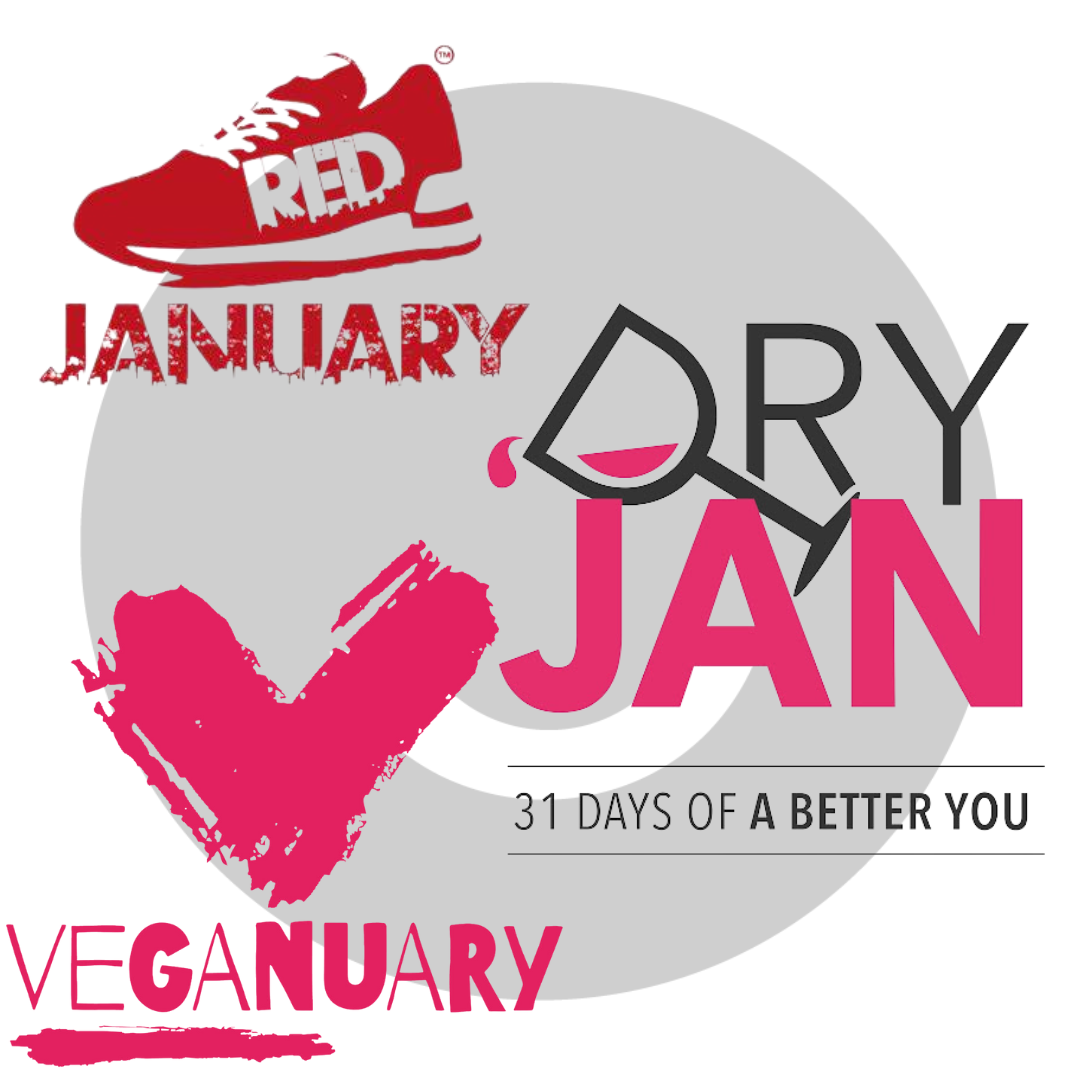Modern Slavery in the Fashion Industry: A Call for Ethical Change

The fashion industry is a global powerhouse, generating billions of pounds every year. But behind the glamour and glossy advertisements lies a harsh reality: modern slavery is deeply entrenched in the production of many garments sold worldwide. Millions of vulnerable workers, including children, endure deplorable conditions, inhumane working hours, and meagre pay to meet the demands of fast fashion.
At Pioneer Clothing, we believe it’s time to shine a light on these injustices and commit to ethical change in the industry.
Understanding Modern Slavery in Fashion
Modern slavery refers to situations where individuals are exploited and cannot refuse or leave due to threats, violence, coercion, deception, or abuse of power. In the fashion industry, this often manifests in two key areas:
-
Forced Labour Workers are compelled to produce clothing under severe conditions, often with no choice but to comply due to debts or threats of violence. These workers, many of whom are women and migrants, face relentless pressure to meet unattainable quotas.
-
Child Labour Young children are forced into labour to cut costs for manufacturers. They often work long hours in unsafe environments, exposed to toxic chemicals and heavy machinery, all for wages far below a livable standard.
Conditions Workers Face
The harsh realities faced by garment workers around the world are heart-wrenching:
-
Dangerous Work Environments: Many factories lack basic safety measures. Collapsing buildings, fires, and exposure to hazardous substances are far too common.
-
Excessive Hours: Workers often labour for 14–16 hours a day, seven days a week, with no overtime pay.
-
Abysmally Low Wages: In some regions, workers earn less than £2 a day—a fraction of what is needed to survive, let alone support a family.
-
Abuse and Intimidation: Physical and verbal abuse, coupled with threats of job loss, keep workers in a cycle of exploitation.
Countries like Bangladesh, India, Cambodia, and Myanmar are hubs for garment production, where these issues are most prevalent. Yet, the global nature of the fashion supply chain means these injustices touch nearly every corner of the industry.
Pioneer Clothing’s Commitment to Ethical Practices
At Pioneer Clothing, we refuse to be complicit in the exploitation of workers. Our mission is to lead by example, proving that it’s possible to create beautiful, high-quality clothing without compromising on ethics. Here’s how we’re doing it:
-
Carefully Selected Retailers and Suppliers We partner only with suppliers who meet our rigorous standards for fair wages, safe working conditions, and respect for human rights. Before forming partnerships, we conduct thorough audits to ensure compliance with these values.
-
Ethical Materials Beyond labour practices, we prioritise sustainability by sourcing eco-friendly materials that reduce harm to the environment. This ensures a lower impact on communities where our fabrics are produced.
-
Regular Monitoring and Transparency We engage in continuous monitoring of our supply chain. Transparency is key to building trust and making a meaningful difference.
A Collective Responsibility
While businesses have a critical role to play, consumers also wield immense power. By choosing to buy from ethical brands, you send a message that exploitation is unacceptable. Ask questions, research brands, and make informed decisions about where your money goes.
At Pioneer Clothing, we are committed to being part of the solution. Modern slavery has no place in the fashion industry, and together, we can create a world where clothing is a symbol of dignity, not exploitation.
Join Us in the Fight for Fair Fashion
Every purchase from Pioneer Clothing is a step towards a fairer, more ethical fashion industry. Thank you for standing with us as we strive to make the world of fashion one that respects people and the planet.



